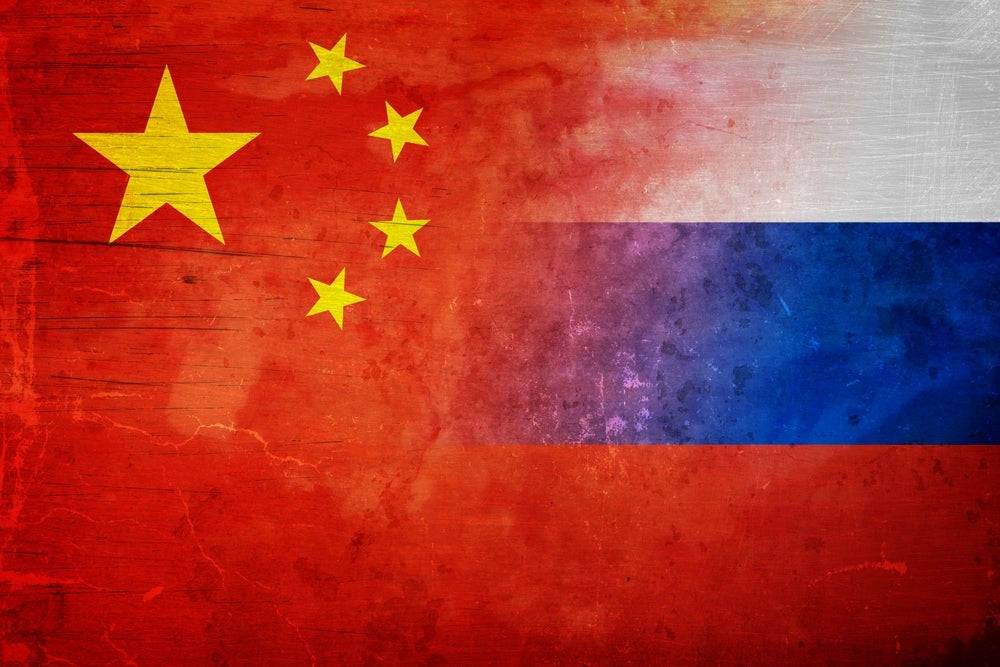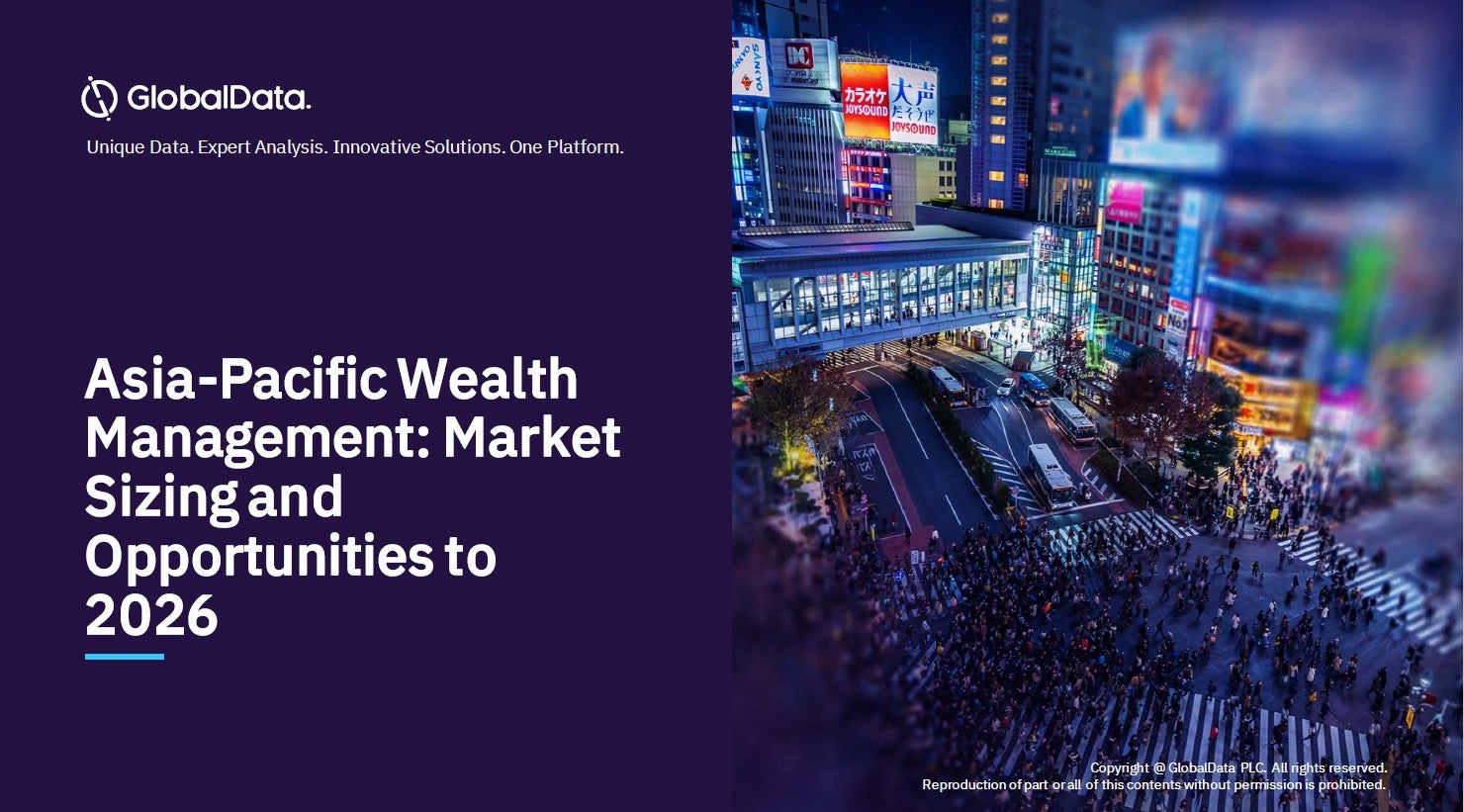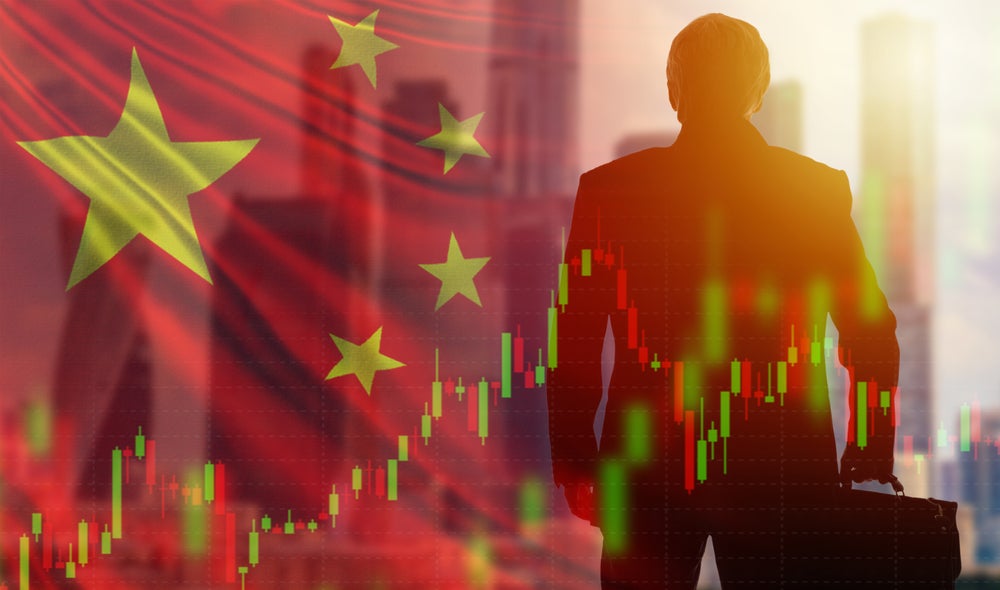
The ongoing conflict in Ukraine with Russia is destined to impact markets outside their own, including China and Asia Pacific. However, will it have a global impact that ruins many or will it make others look better in comparison?
Kelly Chung, senior fund manager at Value Partners, comments: “Tensions between Russia and Ukraine escalated following Russian President Vladimir Putin’s recognition of self-declared Donetsk and Luhansk People’s Republics (DPR and LPR) in eastern Ukraine as independent states. These regions are Russian-backed separatist regions, which have been fighting Ukrainian forces since 2014. Just hours following the declaration, Putin ordered troops into the two regions. While the Kremlin calls this a “peacekeeping” mission, the move has raised worries that Russia would want to wage war with Ukraine.
“The escalating tensions between the two countries did not bode well to markets, as it added to investor concerns on the persistently high inflation in the US and a more hawkish Fed. Investors are already pricing in six to seven rate hikes this year, with the first expected to happen in March. In addition, the Fed’s plan of trimming its balance sheet also remains to be a major uncertainty in the market. So far, the Fed has not yet indicated the magnitude and the pace of balance sheet normalization, and more certainty to this is expected to come in the next FOMC meeting in March.”
Adding to inflationary concerns
She continues: “While we view that Russia will not wage war with Ukraine, we expect that tensions may further escalate, which could exacerbate inflationary pressures. With both Russia and Ukraine being major exporters of oil and other commodity products, the tensions may cause more bottlenecks in the supply chain and push up energy and food prices. In addition, any response from western economies, especially the US, would likely be trade sanctions, which should also impact oil and food prices.
“We expect that tensions between the two countries will prolong longer, and the market is still yet to price in this geopolitical uncertainty. However, we view that the market impact will not last too long (historically direct market impact from geopolitical tension last from three weeks to three months). As more important market drivers associated with the tensions are inflation-related, investors will eventually focus back on the Fed, particularly on having a clearer picture of its balance sheet normalization. Ten-year US Treasury yields have risen since yesterday as investors are buying back long duration treasuries as a flight to safety in response to the ongoing tensions. On the other hand, we are seeing less movement in the short-end, causing the yield curve to further flatten, which also arise from the concern of economic slowdown.
“In the equities market, the market has been rotating from growth to value stocks amid the faster-than-expected hikes of the Fed. We view that the rotation will last at least up until the end of the first half. While the growth-value valuation gap has started to narrow, it is still above the historical average.”
How well do you really know your competitors?
Access the most comprehensive Company Profiles on the market, powered by GlobalData. Save hours of research. Gain competitive edge.

Thank you!
Your download email will arrive shortly
Not ready to buy yet? Download a free sample
We are confident about the unique quality of our Company Profiles. However, we want you to make the most beneficial decision for your business, so we offer a free sample that you can download by submitting the below form
By GlobalDataImpact to China and Asia from Russia and Ukraine
“While markets globally have been impacted by the geopolitical tensions and ongoing inflationary concerns in the US, we view that our China- and Asia-focused portfolios should be in a better position,” explains Chung.
“In China, the country has been counter-cyclical with its monetary policies. While most developed markets are trying to control inflation, inflation in China has been going down due to weakening demand, leaving it more room to provide stimulus in the economy. In fact, following its shift to a pro-growth stance in December, the government has started monetary easing, which should help lift investor confidence and help the economy to achieve stable growth for the rest of the year. For example, following the RRR cut in December, the interest rate for the medium-term lending facility (MLF) operation has been lowered by 10 bps, and the one-year and five-year Chinese loan market quoted rates (LPR) have been lowered by 10 and 5 bps, respectively. The reduction of the 5-year LPR, which is the benchmark for mortgage interest rates, is the first cut since April 2020. That said, investors continue to be concerned about regulatory risks. However, we view that regulatory uncertainty has peaked and investors will not be as surprised as before.
“Outside of China, inflation is also more under control, including Taiwan and most of Southeast Asia. In these markets, we are not seeing central banks in a hurry to increase interest rates. The only exception is South Korea, which started to increase interest rates last year. Meanwhile, most markets in Southeast Asia are also looking past the Omicron variant, as most have continued on their reopening, which should help the market catch up.
“We also believe that the Russia-Ukraine tensions will have relatively less impact on the region compared to the west. While the tensions may further drive up inflation, this should benefit resource- and export-heavy Asia, especially Malaysia and Indonesia.
“Overall, we expect volatility to continue in 2022, driven by various factors, including inflation, the pace of tapering by the Fed, and regulatory uncertainty in China. Overall, we believe that the current investing landscape should offer bottom-up investing opportunities as we expect more diverged performances among companies and sectors. Currently, we are seeing opportunities in value sectors amid the sector rotation and also continue to favour high-quality companies that are beneficiaries of growth policies.”
Ukraine – Russia: what it means for the China market
Steve Clayton, HL Select fund manager, says: “Russian troops have not massed along the Ukrainian border in order to hold a cake sale. However this unfolds, tensions and uncertainties are likely to run hot for some time to come. The market will not like any escalation, nor will it trust any settlement between the parties unless accompanied by a rapid demobilisation of Russian forces around Ukraine.
“Whenever international tensions flare, money tends to rush toward safe havens and the greatest of these has long been the US Dollar. The Yen could also benefit. Japan has stayed well away from this argument. Cautious money tends to head to the least risky assets, so it looks likely that US Treasuries and JGBs could benefit.
“Defence stocks, like Bae Systems could provide safe havens; European politicians are unlikely to urge for lower defence spending whilst the Russian bear is growling angrily.
“Banking shares could come under pressure. Effective sanctions will impact on economic activity and banks will be where it is felt in the West. Lending volumes would be hit too, if tensions really rocket, because cautious consumers and businesses will refrain from borrowing until they feel more confident.
“Travel and leisure stocks are always going to react warily to rising international tensions. Wizz Air, with its large flight network across Central and Eastern Europe stands out here, but other airlines and tour operators like easyJet and TUI will also be impacted.
“Times of tension are when defensiveness can pay off. People still have to eat, take medicines and get operated upon. Food retailers and drug companies like Sainsbury and AstraZeneca could be interesting, but Tesco’s exposure to Central Europe will not help.
“Stocks with Russian exposure include BP, where exposure comes via an 19.75% shareholding in Rosneft, which is notionally worth around $12bn, having just plummeted by around 25% in recent days. Hyve Group was built around an exhibitions business in Russia and is still substantially exposed to the Russian economy, but a recent deal to acquire Ascential’s portfolio of shows has at least diluted the exposure.
“But perhaps the real message for investors is that in the long run, it rarely pays to worry about the headlines. If it looks as though share prices are coming under pressure, go look for bargains.”








